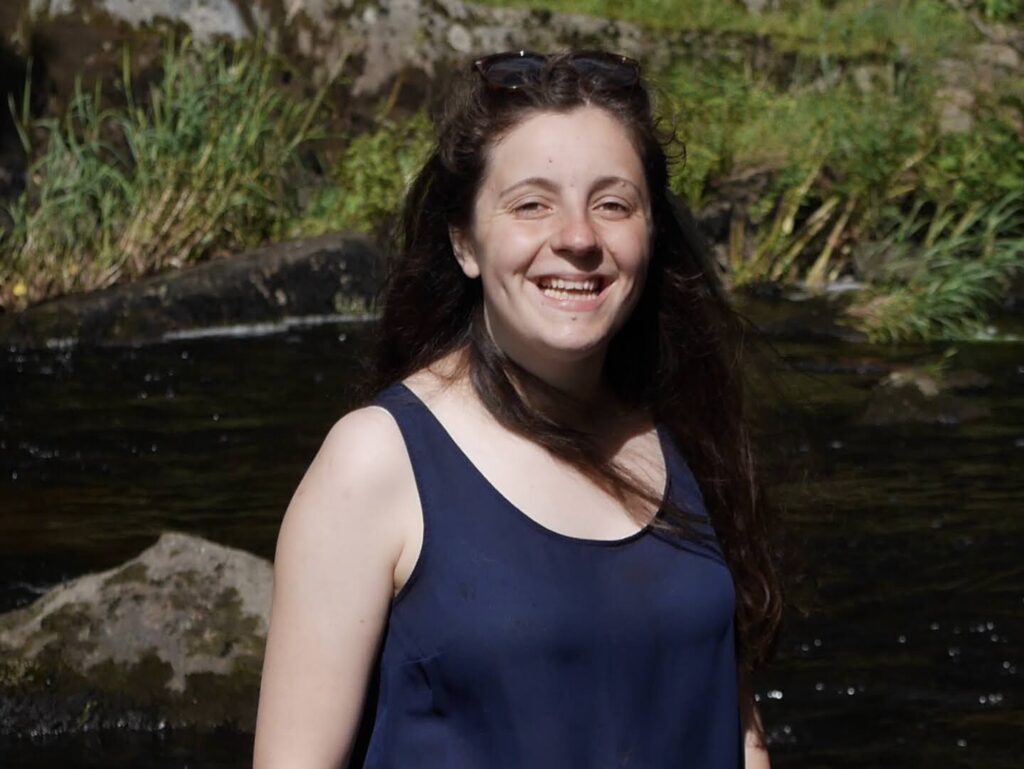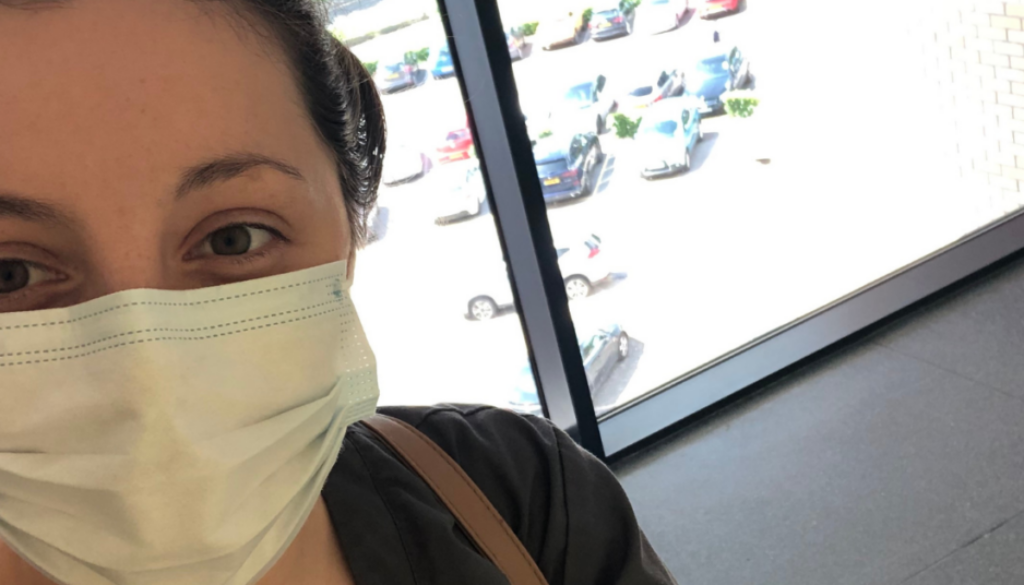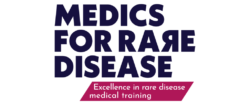What seems to be the problem?
Grace Knight studied medicine at Keele University and is about to become an F1 in Coventry. Her passion for improving rare disease education was sparked by her younger brothers’ rare diagnosis back in 2020 and she now loves talking and teaching about rare disease. Grace also has a special interest in Emergency Medicine and took a year out of her degree to study this specifically. In this post, “What seems to be the problem?” Grace writes about rare disease in the emergency department (ED).

What do you think of when you think of the emergency department (ED)?
Maybe you think of the dramatic scenes of ‘insert your favourite medical drama here’ (for me it still has to be Grey’s Anatomy!). Or maybe a hazy childhood memory of a broken arm or sprained ankle springs to mind. For many, visits in more recent times conger images of plastic chairs, long waits, hand sanitiser and cold coffees.
But for me, as a healthcare professional, I can’t help but think of these 6 short words: ‘What Seems to be the problem?’.
The answers are as varied as they are interesting and, in a healthcare system that conducts over 47,000 emergency appointments a day, this short phrase is one millions of people hear each year as they start their ED journey.
However, for one particular group for whom the ED is an all too familial environment, answering this simple question can be laced with challenges as they try to explain to yet another new doctor what exactly their condition is. They often have to fight to be understood, to be supported and sometimes even to be believed.
And it’s this group’s experience – the rare disease community – that I recently set out to understand.
Anything but rare
Despite the misleading name, encountering someone with a rare disease in the ED is actually anything but rare. With 1 in 17 people estimated to be effected by a rare disease, and rare disease patients more likely to need the support of healthcare professionals (by virtue of having a chronic health condition), ironically its fairly common to encounter rare disease in the emergency department.
Although no-one has yet produced any UK data on this, a recent USA study showed that rare disease represented nearly 10% of all ED visits in 2016 – that’s 1 in 10 visits! And even that is likely to be an underestimate, due to many people still awaiting a diagnosis. Often the ED can be the only option for someone with a rare condition because of the unique challenges of being ‘rare’: GP’s being unsure how to manage the condition; having uncontrollable symptom flairs; having a crisis or complication related to the condition; or just being unwell with something ‘common’ but also having a rare disease!
All these reasons, and many more, mean that the use of the ED by the rare disease community is unusually high, not because they want to attend, but because they often have too.
Now think back to your initial thoughts of the ED, and try and imagine facing all of that with the added complexity of having a disease that most healthcare professionals have never heard of. What is that like? What are the challenges? What support would you need?
If the frequency of rare disease in the ED is as high as we think, then these are all questions that health care professionals, like myself, should be asking. However, having a personal and professional interest in rare disease, I know that often isn’t the case. I’ve also been fortunate enough to hear the stories of some rare disease patients and often their experiences are, at best, challenging. People often feel ignored, or not believed – being accused of ‘drug seeking’ when actually trying to managing horrendous pain, or being labelled a ‘hypochondriac’ because of how often they’ve had to attend ED. They frequently discuss their frustration and
exhaustion of having to re-explain and re-educate every healthcare professional they meet. And some even share stories of having a life-threatening diagnosis or complication initially missed because of the unique way in which their rare disease presents. Overall, whilst varied, together their stories highlight some common challenges that suggest there is real room for improvement in how rare disease is approached in the ED.
Room for improvement?
However, I’m acutely aware I’m just one small person in one very big system. The stories I have heard are from just a tiny proportion of the rare disease community. I have to be sure that their narrative is representative of the rare disease community as a whole. Therefore, to check this and to gather some evidence for change*, I set out to explore the medical literature about rare disease in the ED.
*In the NHS (and in most circumstances), convincing people to change is difficult. Therefore, it’s common practice to first prove there is a problem, using an evidence base which is often a mix of medical literature, audits and narrative anecdote.
So, having extensively searched the medical literature using systematic searches of databases like PubMed, Orphanet and the BMJ and using internet browsers to try and extend my search for some of the so-called ‘grey’ literature. What did I find?
Nothing.
Or pretty much nothing. Aside from a few sparse comments about the emergency department within other qualitative studies about the lived rare disease experience, I could not find any literature exploring the relationship between rare disease and the emergency department in the UK. One very recent study has looked at the attitudes of ED doctors in China towards rare disease and concerningly found that 98.5% of ED physicians would say their rare disease knowledge is minimal or insufficient… But that is the only study of its kind and entirely quantitative in its data collection. So, in terms of understanding and evidencing the collective experience of the rare disease community in the emergency department, the medical literature has come up empty. Maybe that in and of itself is evidence of a problem?
So, what now?
Well, from talking to the community and hearing their experiences there seems to be a lot of room for improving the management of rare disease in the ED. However, in order to impact meaningful change, its essential to first fully understand the problem, its impact and its likely causes. And to really implement effective solutions, we should be asking the rare disease community for what they think would help.
So, ‘what seems to be the problem?’ really is exactly the question we need to be asking! There’s a huge gap in quality qualitative research about how people with rare disease experience the emergency department. Yet anyone who spends time talking to the rare disease community knows that a problem exists. So, any budding researchers out there, here’s a great place to start…
Dr Grace Knight has joined the M4RD Ambassador programme as a clinical ambassador for 2022/23 so we look forward to more blogs from her in the future…




